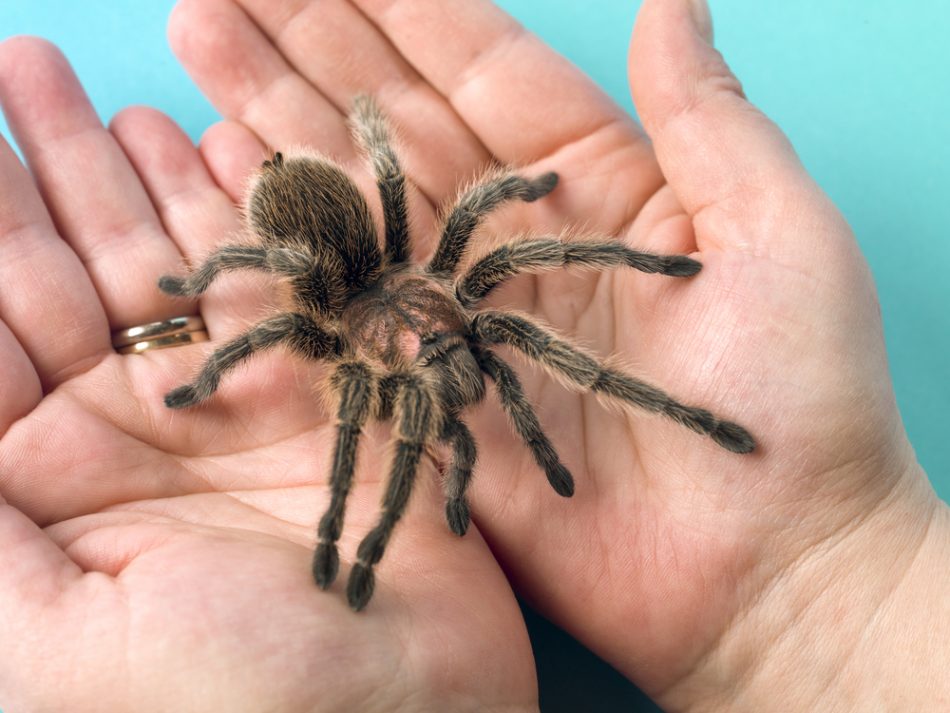While humans tend to have a natural aversion to virtually all of nature’s venomous creatures, one popular arachnid may hold key to unlocking a painkiller that rivals opioids in effectiveness, but without the damaging side-effects, such as addiction.
A team of researchers from the University of Queensland has developed a mini-protein from tarantula venom that will potentially be able to relieve chronic pain, without the unwanted side-effects of opioid-based painkillers, which can have adverse reactions such as nausea, constipation, and a high risk of addiction.
Called Huwentoxin-IV, the mini-protein is found in the venom of a type of tarantula known as the Chinese bird spider, native to southern China and Vietnam.
The researchers altered the protein, enhancing its already-existing ability to bind with specific pain receptors in the body, thus blocking the perception of pain. Because the resulting drug is so potent and precisely-targeted, relatively little of it is required, minimizing any potential side effects.












